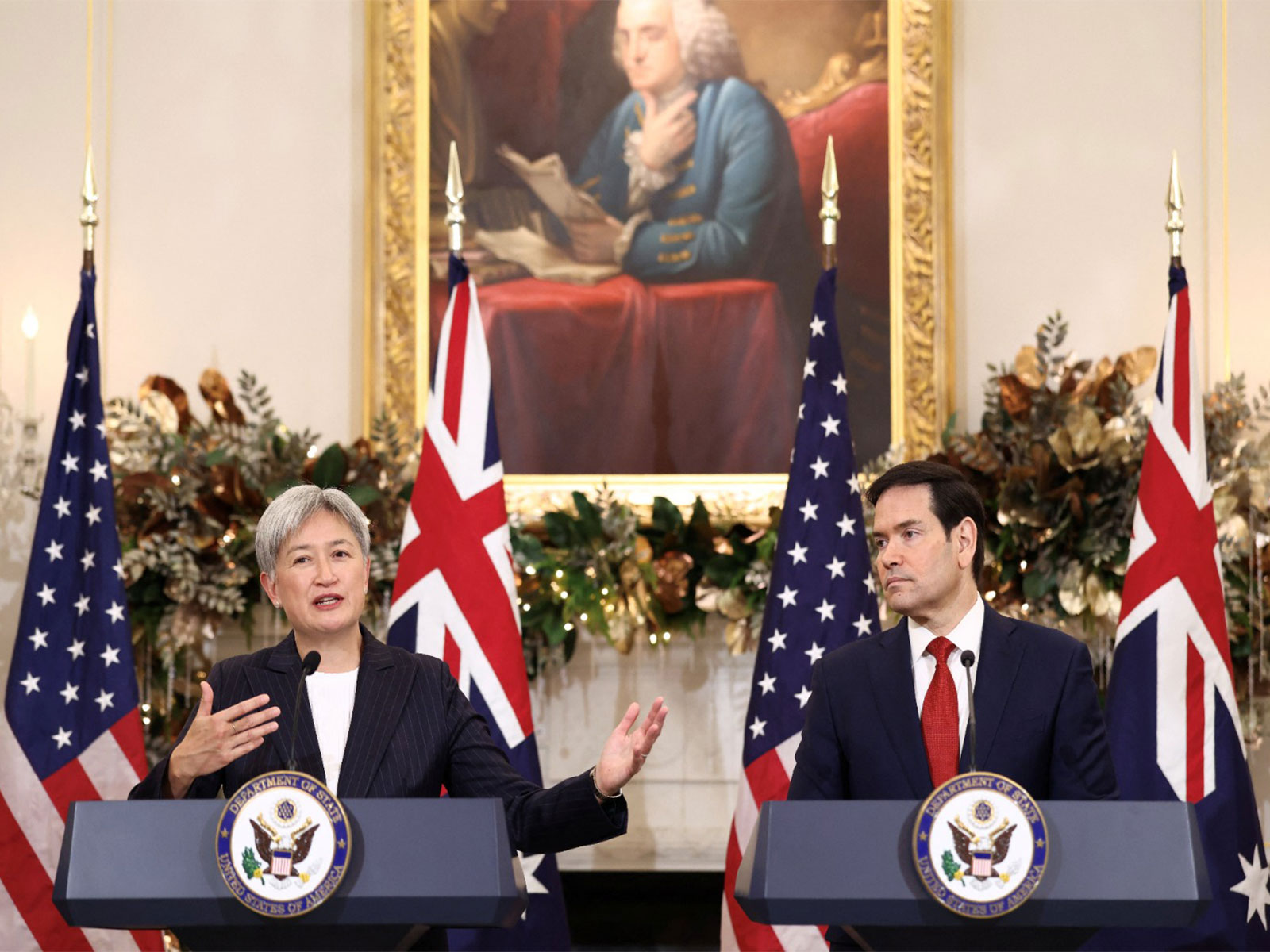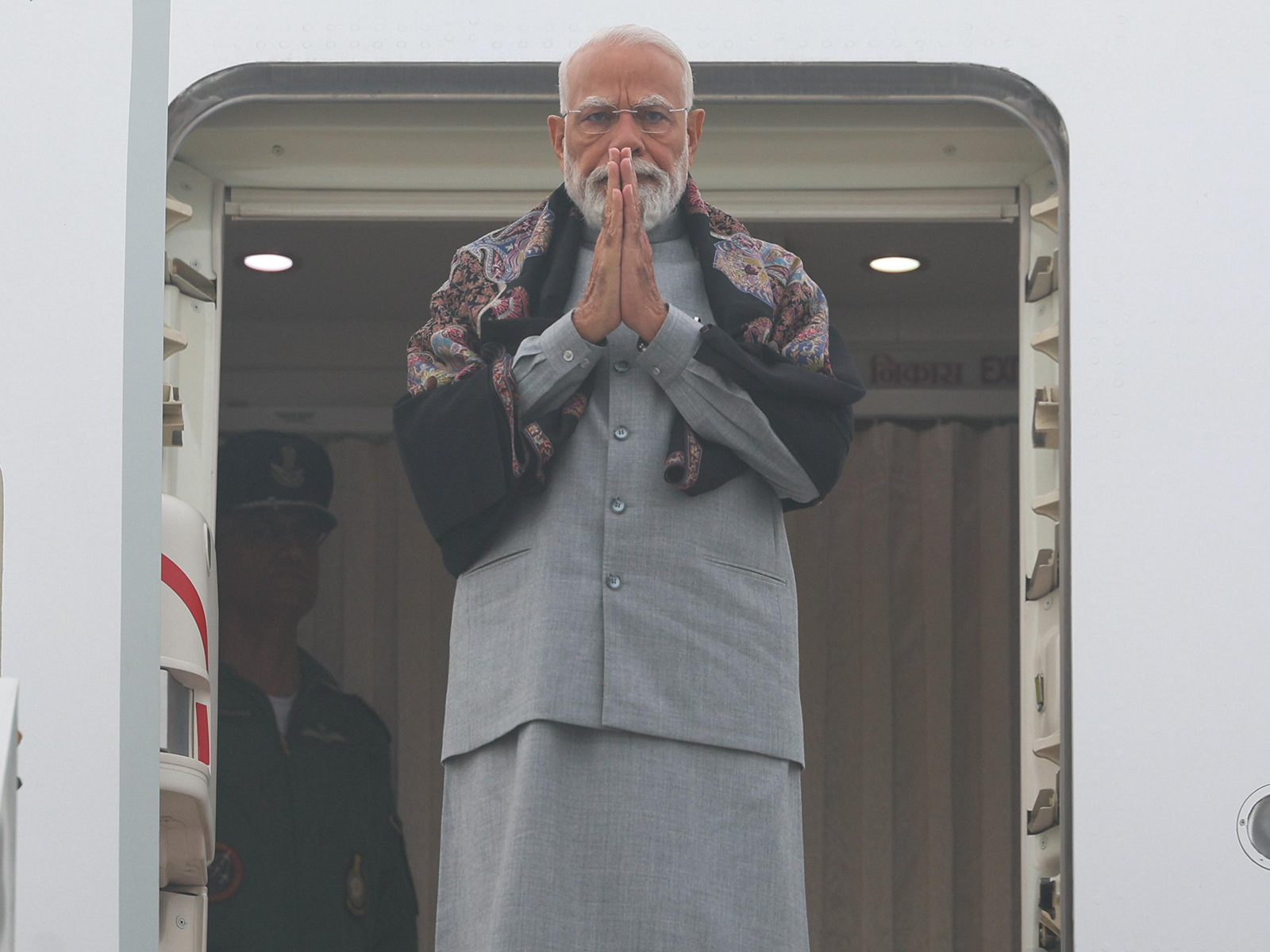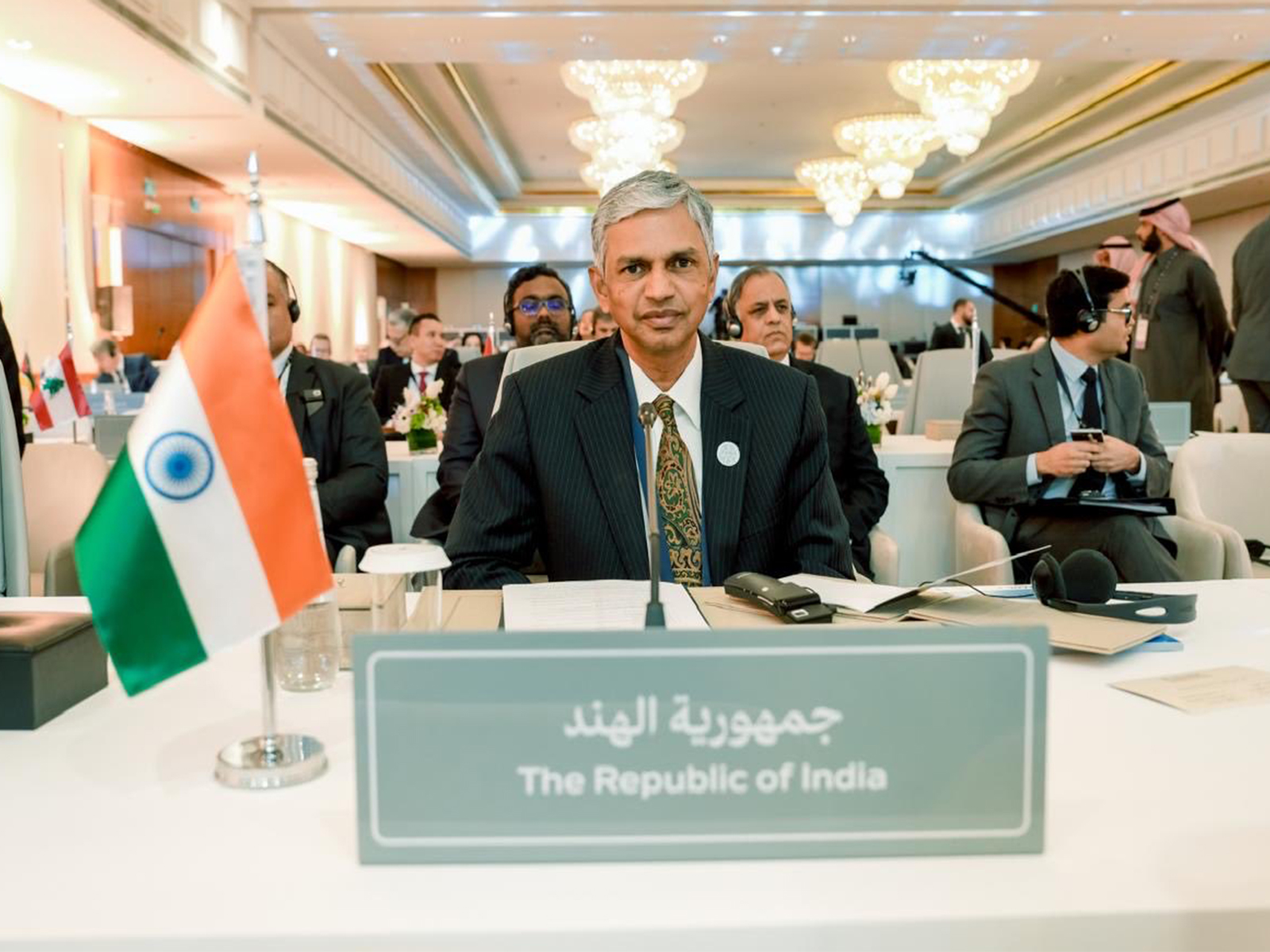IMF's wake-up call to Pakistan: New CPEC investments pose risk to debt sustainability
Sep 04, 2022

Islamabad [Pakistan], September 4 : The International Monetary Fund (IMF) has reiterated that any new investments in the China-Pakistan Economic Corridor (CPEC) projects' could pose a risk to debt sustainability in Pakistan, media reports said.
IMF gave this wake-up call in its Public and External Debt Sustainability Analysis report which was published after the approval of Extended Fund Facility (EFF) program for Pakistan. With the EEF approval, the cash-strapped country is set to receive the 7th and 8th tranches of USD 1.17 billion aid.
"In early 2022, new investments through the China-Pakistan Economic Corridor (CPEC), originally established in 2013, were announced. Although infrastructure in these second-phase investments could raise growth prospects, attendant contingent liabilities also pose a risk to debt sustainability," the report read, reported The News International.
It stated that Pakistan's public debt continues to be judged with greater uncertainty, in part because the fiscal relaxation in FY22H2 prevented the debt ratio reduction projected at the time of the sixth review.
The debt-to-GDP ratio is now projected to rise from 77.9 per cent at end-FY21 to 78.9 per cent at end-FY22 before falling to around 60 per cent by end-FY27, assuming the adjustment efforts in the context of the EFF program are fully carried out.
"Higher interest rates, a larger-than-expected growth slowdown due to policy tightening, pressures on the exchange rate, renewed policy reversals, slower medium-term growth and contingent liabilities related to SOEs pose significant risks to debt sustainability," the IMF warned.
As International Monetary Fund (IMF) approved Pakistan's revival plan to stabilize the country's economy, Prime Minister Shahbaz Sharif has said that it "is not an end in itself". Taking to Twitter, the Prime Minister said that the revival of the IMF programme is a path to the reorientation of the Pakistani economy.
"Revival of IMF program, though critical to our economy, is not an end in itself. It offers a pathway to reorient our economy. We will have to work hard to make it self-sufficient. Pakistan must break out of the economic straitjacket, which is only possible through structural reforms," he said.
Pakistan's economy is broad and deep and its geostrategic position is strong enough for it to avoid default, experts told VOA.
Despite several differences, Washington "still supports the loans through the IMF because a crisis on Afghanistan's border is not something that the US wants to see," said Tamanna Salikuddin, director of South Asia programs at the United States Institute of Peace.




















